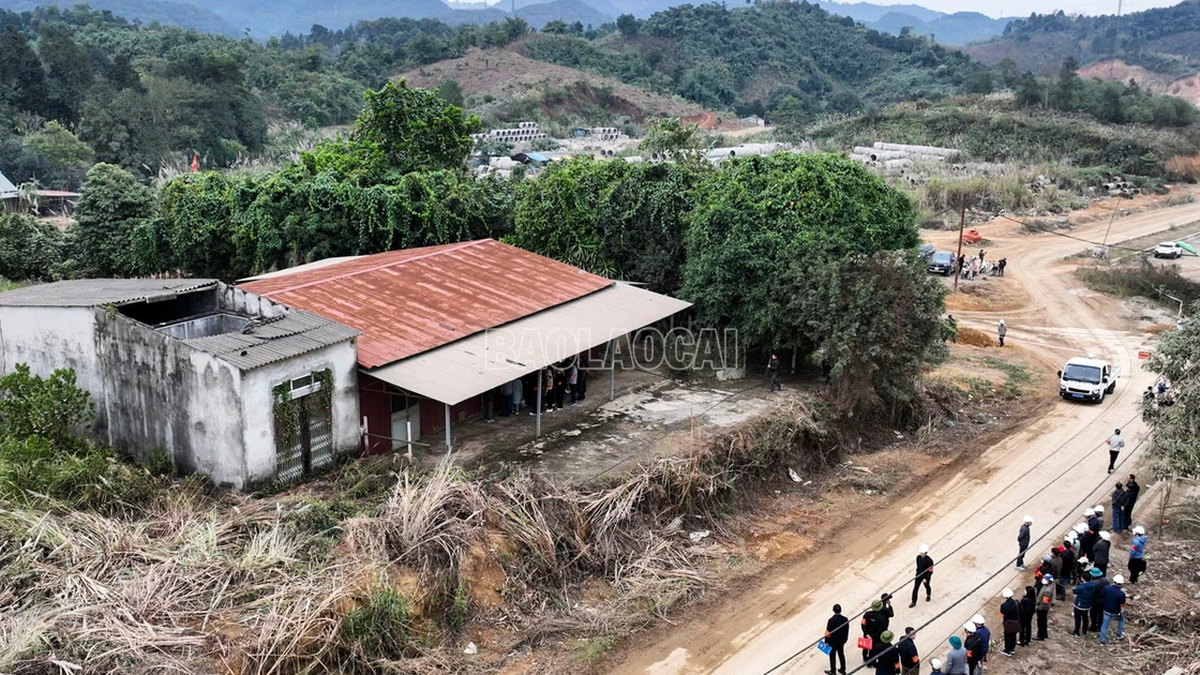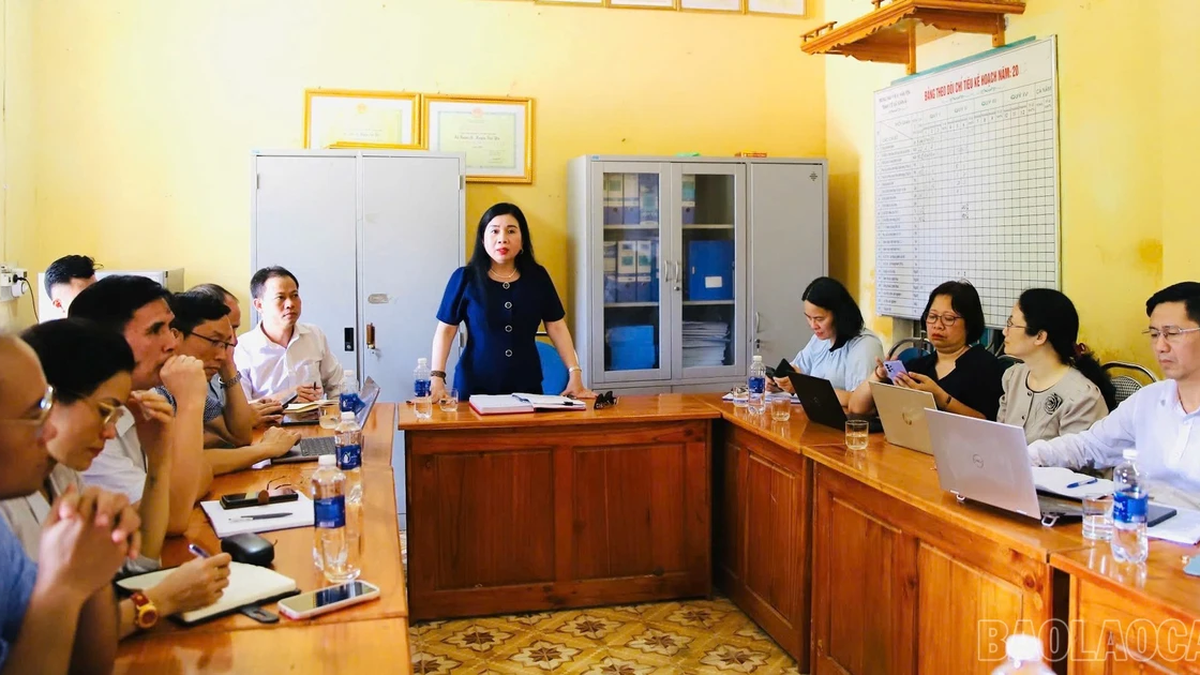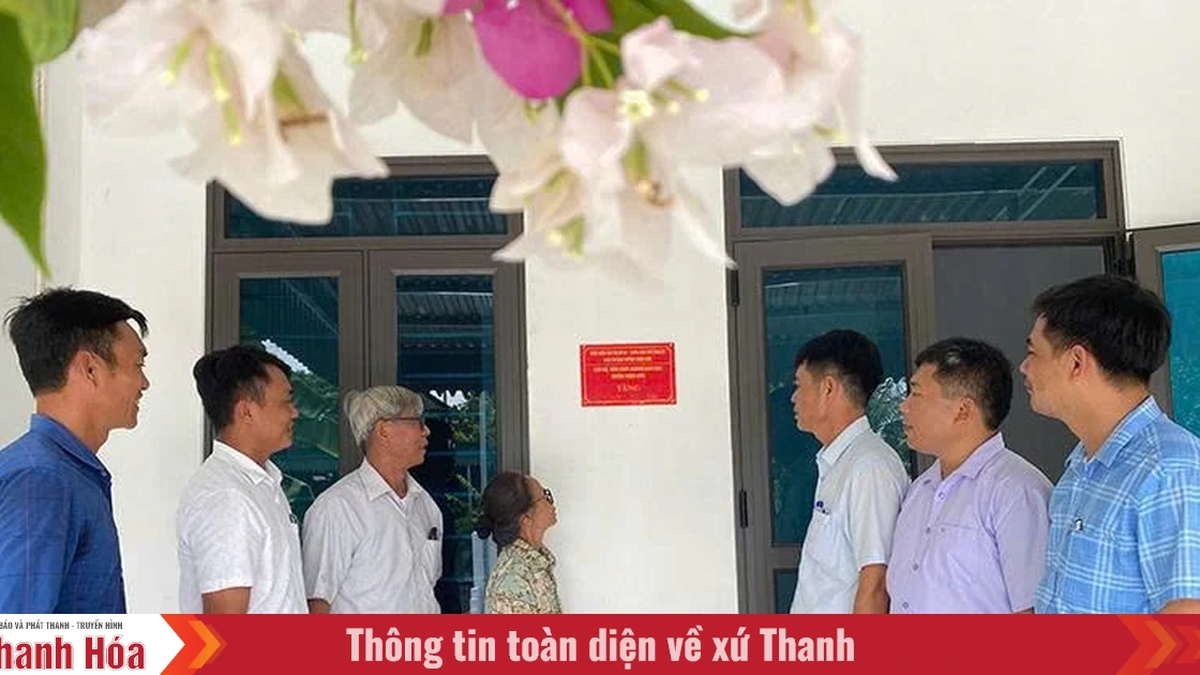Dong Nai is a land with a rich history and culture. The whole province currently has hundreds of historical and cultural relics, many types of intangible cultural heritage such as: traditional festivals, languages, writings of ethnic minorities, handicrafts... This is an important foundation for Dong Nai to develop cultural tourism models, traditionaleducation and build local identity.
However, reality also poses many challenges for Dong Nai in promoting heritage values such as: many heritages have not been fully inventoried and registered; protection work is still scattered; socialization is still limited; awareness of people, especially the young generation, about heritage values is not yet profound. In that context, the implementation of the Law on Cultural Heritage in Dong Nai is not only a legal requirement, but also an opportunity for the province to accelerate the process of bringing heritage into life.
Plan No. 191/KH-UBND of the Provincial People's Committee clearly identified the key tasks: organizing propaganda and widespread dissemination of the law to officials and people; organizing a review of the system of related legal documents to ensure consistency; implementing in-depth training for management teams, artisans, and heritage subjects; building databases and digitizing heritage; strengthening the work of inventorying and registering intangible heritage, relics, antiquities, and national treasures.
Specifically, Dong Nai will organize the compilation of an inventory of intangible cultural heritage and relics; consider policies to support artisans - those who preserve the soul of national culture. In addition, the province also aims to build projects to preserve, restore and promote the value of relics, while promoting museum activities and traditional education in the community.
A notable point is that the plan also emphasizes the role of digital transformation in the field of cultural heritage. Dong Nai will build a national database on heritage, promote and advertise heritage in the digital environment, thereby bringing heritage closer to the people, especially the young.
The success of bringing the Law on Cultural Heritage into life depends not only on the policy system, but also on the cooperation of the whole society. The community, especially people in areas with relics, folk artists, schools, and businesses operating in the fields of tourism and culture all have a role in protecting and promoting the value of heritage. This is identified as an important factor for the Law on Cultural Heritage to soon come into life.
Minh Ngoc
Source: https://baodongnai.com.vn/van-hoa/202506/dua-luat-di-san-van-hoa-vao-cuoc-song-afe1243/



































































































Comment (0)